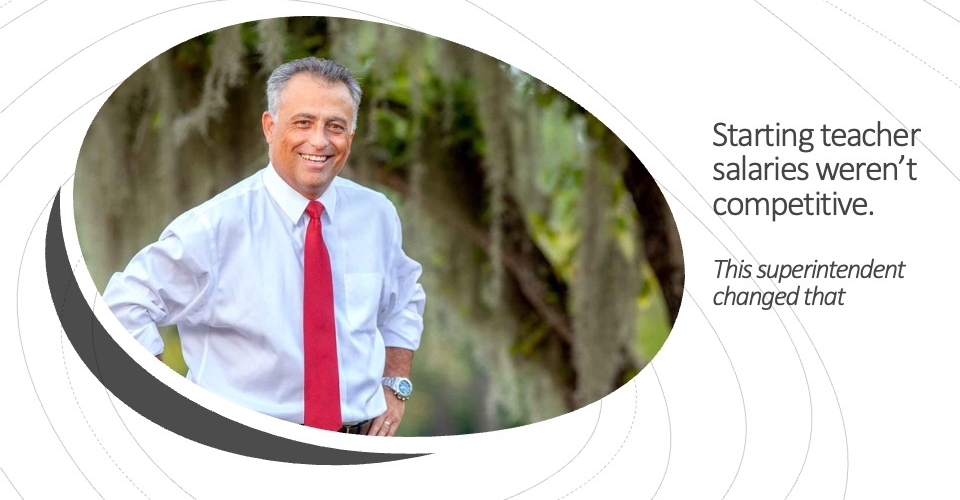Educators are becoming more enthusiastic about generative AI as a learning tool. Still, concerns about cheating and other inappropriate use are forcing teachers to rely on ineffective AI detection tools and take disciplinary action against students, both of which are damaging trust in the classroom, a new report contends.
After last school year’s struggles with artificial intelligence, district leaders are supporting teachers more robustly with policies and resources, according to the Center for Democracy & Technology’s new “Up In the Air” research report.
“The biggest risks of this technology being used in schools are going unaddressed, due to gaps in training and guidance to educators on the responsible use of generative AI and related detection tools,” Alexandra Reeve Givens, the Center’s president and CEO, noted. “As a result, teachers remain distrustful of students and more students are getting in trouble.”
‘Talking out of School’ podcast: Addressing a complexity of student needs
For example, more than eight in 10 teachers report using generative AI. Yet, more than half of the teachers surveyed said that the technology has made them more doubtful that students are submitting their own work. The level of skepticism is higher in schools that have banned AI.
When it comes to misuse, there was a sharp increase—from 48% to 64%—in the number of teachers who said students got in trouble for using or being accused of using AI to complete schoolwork.
The report also found:
- 59% of teachers are certain one or more of their students have used generative AI on schoolwork.
- 80% of teachers received training about AI policies and procedures.
- 72% of teachers were asked to help develop AI policies.
- Only 28% of teachers know how to respond if they suspect a student has misused the technology.
- 68% of teachers used a detection tool.
Those detection tools appear to be impacting protected classes of students disproportionately. More than three-quarters of special education teachers reported using detection tools compared to 62% of other teachers. Students in special education are also more likely to use AI on class assignments.
The report recommends that districts integrating the rapidly advancing technology go beyond “general permission or banning policies” by continuing to train teachers on the risks to students’ privacy, civil rights and educational experience. Teachers also need more guidance on how to respond when students misuse AI and how to use detection tools more fairly and effectively.
“Since generative AI caught the education sector off-guard last school year, there have been plenty of think pieces about whether usage is a good or a bad thing,” concluded Elizabeth Laird, director of the Center’s Equity in Civic Technology Project. “What we know for sure is that generative AI, and the tools used to detect it, require schools to provide better training and guidance to educators.”









